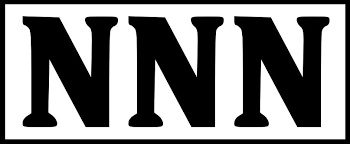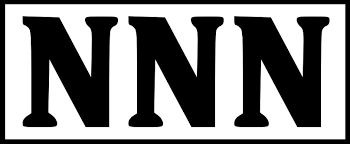LAGOS, Nigeria — On April 15, 2025, the US dollar (USD) exchange rate in the parallel market hit N1,620, after closing last week at N1,610, according to Bureau De Change (BDC) operators. The buying rate for the dollar in the black market is N1,610, while the selling rate stands at N1,620. Market fluctuations stem from economic conditions, demand cycles, and government forex policies.
Abubakar Alhasan, a BDC operator in Wuse Zone 4, noted that the naira’s slight appreciation earlier this week can be attributed to diminishing dollar demand. “The naira gained about N10 today because the demand for the dollar decreased at the start of the week,” he explained.
In contrast, the official exchange rate set by the Central Bank of Nigeria (CBN) shows a slight decline. The CBN reported the dollar at N1,604.48 on the same day, down from N1,612.23 the previous week, showcasing a 0.48% drop. Despite this, the dollar has appreciated by 4.78% since the start of April.
Today also marks fluctuations for other currencies in the black market. The British Pound (GBP) is buying at ₦2,000 and selling at ₦2,020, while the Euro (EUR) trades at ₦1,655 for buying and ₦1,675 for selling. Furthermore, the Chinese Yuan (CNY) is buying at ₦215 and selling at ₦220. Conversely, on the official CBN platform, GBP sees buying at N1990.57, and selling at N1,991.86.
The CBN is attempting to stabilize the naira amid ongoing monetary and fiscal policies as they work towards unifying the forex market. Market observers believe that these reforms could help to limit the naira’s depreciation despite remaining challenges.
Investors and businesses are facing difficulty due to disparities between official and black market rates. With lower forex supply and increasing global demand for the dollar, sourcing foreign currency remains a challenge. Policymakers aim to improve forex accessibility to support businesses and individuals alike.
Forex rates are highly sensitive to worldwide economic activities, and analysts are keeping a keen watch on upcoming releases, like Nigeria’s Consumer Price Index and inflation statistics from the National Bureau of Statistics.
The ongoing clash between the official and parallel market reflects deep-seated issues in Nigeria’s forex system, which is crucial to address for economic recovery.
Do you have a news tip for NNN? Please email us at editor@nnn.ng


